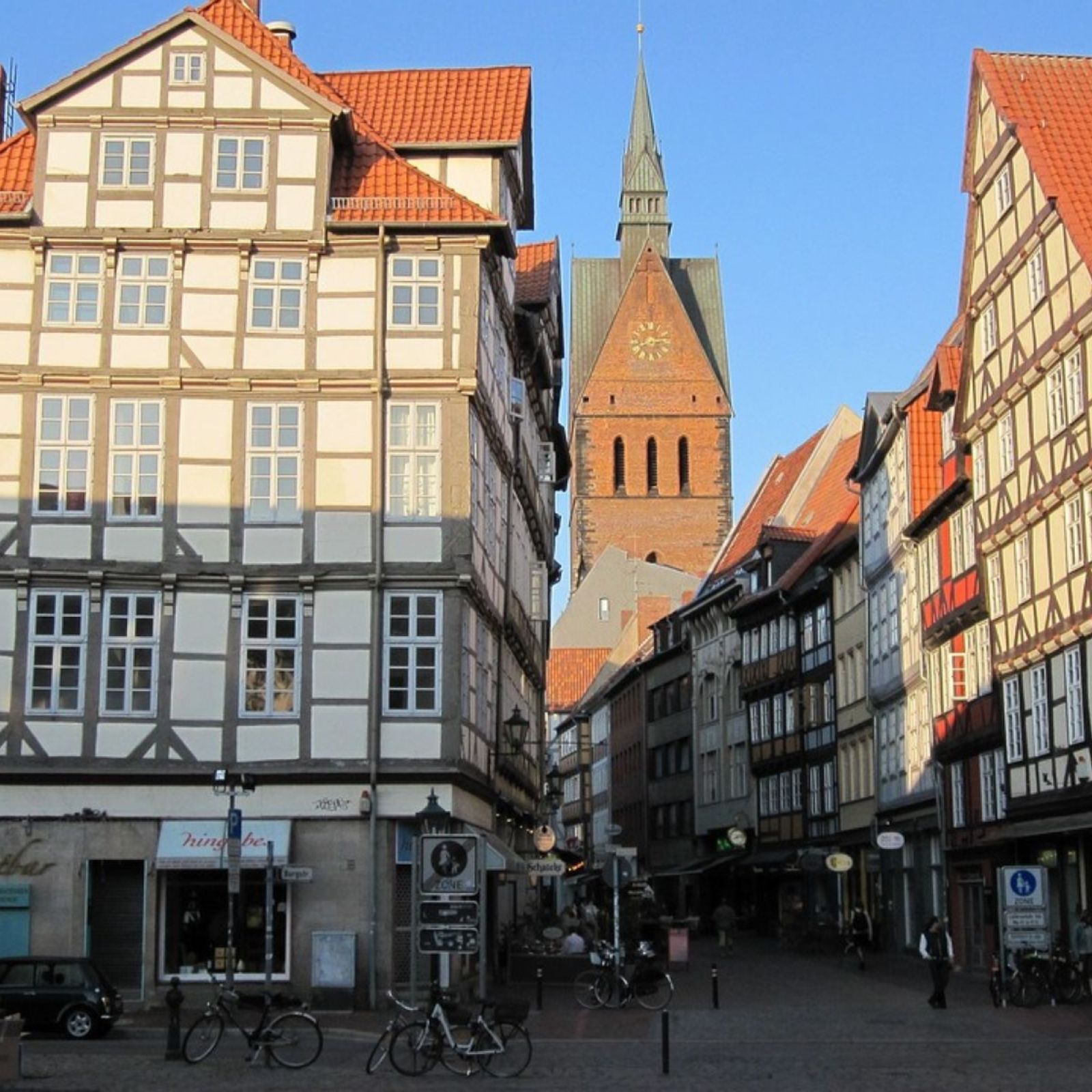
German Cities Moving Forward With Legal Cannabis Sales Pilot Projects

German Cities Moving Forward With Legal Cannabis Sales Pilot Projects
Germany is currently home to the most progressive cannabis policies in Europe. The German legalization model involves permitting adults to cultivate, possess, and consume cannabis for recreational purposes, as well as to become members of a growing list of cultivation associations.
Another component of Germany’s legalization model involves launching regional adult-use cannabis commerce pilot trials. Pilot trials that are already operating in the Netherlands and Switzerland are research-based and allow lawmakers and regulators to gather local data to be better suited when crafting national policies and regulations.
Both Frankfurt am Main and Hanover, two of Germany’s more populated cities, recently announced plans to launch pilot trials ‘at the beginning of 2025.’
“The pilot project in Hanover, Lower Saxony, will be accompanied by a scientific study carried out by the Hanover Medical School, with around 4,000 people expected to take part.” stated The Local in its coverage.
“The city of Frankfurt in Hesse is also taking part in the pilot project to sell cannabis. Participants will be able to legally purchase cannabis flowers and other products containing tetrahydrocannabinol (THC) for five years in specialised shops set up specifically for this purpose.” the outlet also reported.
Sales outlets involved in Germany’s pilot projects will differ from dispensaries found in North America in that not all adults will be able to make purchases. Anyone of legal age in Canada and legal states in the U.S. can make purchases from licensed dispensaries. In Uruguay, legal sales are limited to residents only.
Adult-use cannabis is also legal in Malta, Luxembourg, and South Africa, although adult-use cannabis sales remain prohibited in those jurisdictions.
Pilot trials in Germany will require adults to register with a local pilot project, at which point they will be able to make legal purchases and participants will be required to provide feedback to regulators for ongoing research purposes. Pilot participants in Germany will still be able to join a cultivation association and cultivate their own cannabis if they choose to.
Lawmakers in Germany initially pushed for a more comprehensive commerce system, akin to what is in place in Canada. However, European Union agreements prohibit such commerce models. German lawmakers opted to implement a multi-pronged approach of permitting home cultivation, cultivation associations, and pilot trials.
The multi-pronged approach in Germany was adopted to boost public health outcomes. A team of researchers associated with Sanity Group recently examined over 300 unregulated cannabis samples from 30 different German cities. According to the results of the study, roughly 80% of the samples of unregulated cannabis were contaminated with various harmful substances, from hairspray to banned pesticides.
“The investigation showed that 74 percent of the samples contained bacteria and viruses, 71 percent contained dangerous pesticides and 65 percent were contaminated with feces. In addition, traces of cocaine were found in 47 percent of cases and hairspray residues in 32 percent. The samples from the major cities of Berlin, Hamburg and Munich were particularly heavily contaminated.” the German Cannabis Business Association (BvCW) stated in a recent newsletter about the study’s findings.
“These worrying results underline the urgency of establishing a comprehensive range of safe, controlled cannabis products in Germany as part of the partial legalization process (“Pillar 2”). This is the only way to ensure the health protection of consumers. The study clearly illustrates the risks of the black market and the need for a regulated supply of cannabis in order to protect the health of consumers.” the association also stated.
Share article
Ticket Prices increase €200
On March 18th

Ticket Prices increase €200
On March 18th

Ticket Prices increase €200
On March 18th
Join Our Awesome Community
Join Our Awesome Community
Join Our Awesome
Community
Get all the latest industry news
delivered to your inbox







